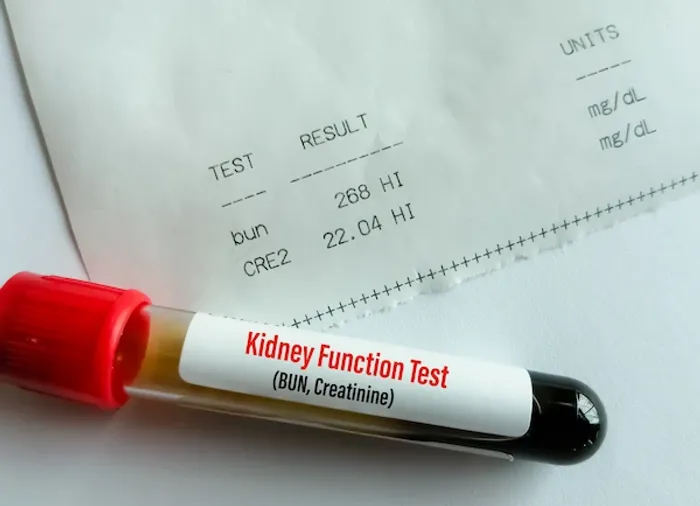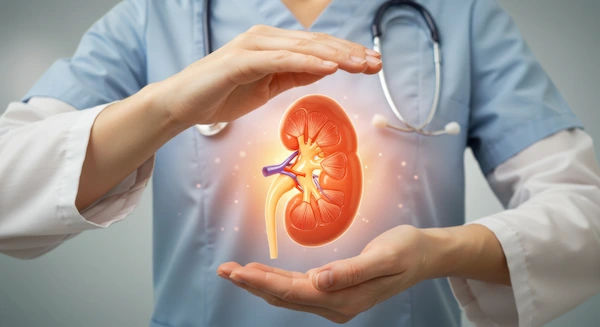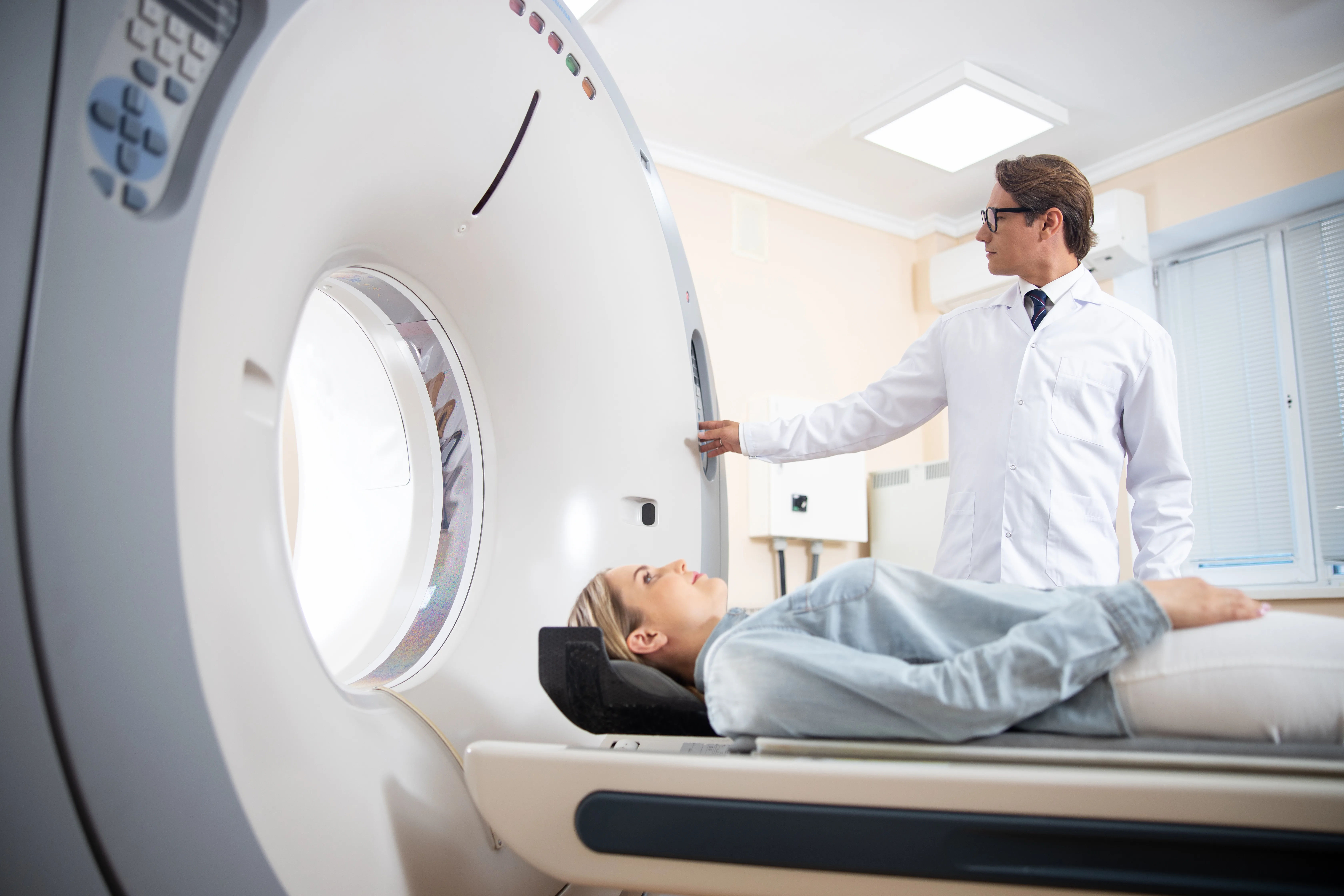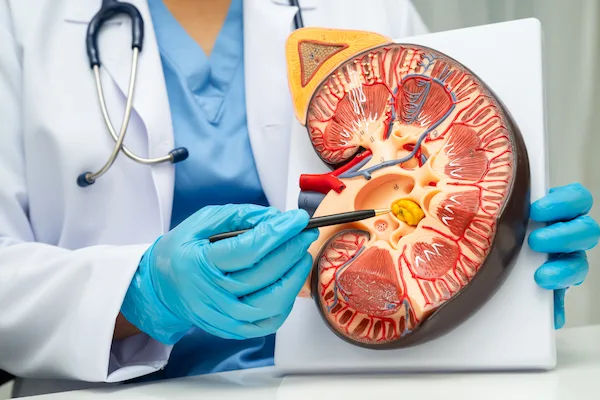Kidney Function Test Overview and Purpose
Learn about kidney function tests, including what they are, why they're important, and what the results mean. Understand the key markers and their role in assessing kidney health. "

Written by Dr. Vasanthasree Nair
Reviewed by Dr. Rohinipriyanka Pondugula MBBS
Last updated on 29th Aug, 2025

Introduction
Your kidneys play a vital role in keeping your body healthy by filtering waste, balancing fluids, and regulating blood pressure. If they aren’t functioning properly, toxins can build up, leading to serious health issues. A Kidney Function Test (KFT) helps assess how well your kidneys are working.
In this article, we’ll explain what a Kidney Function Test is, why it’s important, what it includes, and how you can take care of your kidney health.
What is a Kidney Function Test (KFT)?
A Kidney Function Test (KFT) is a group of blood and urine tests that check how well your kidneys are working. These tests measure different substances in your body to detect any kidney-related problems early.
Why is a KFT Done?
Your doctor may recommend a KFT if:
- You have symptoms of kidney disease (fatigue, swelling, frequent urination, or blood in urine).
- You have diabetes, high blood pressure, or a family history of kidney disease.
- You are on medications that may affect kidney function.
- You are undergoing a routine health checkup.
Early detection through KFT can help prevent serious kidney damage.
What Does a Kidney Function Test Include?
A standard KFT usually includes the following tests:
1. Serum Creatinine
- What it measures: Creatinine is a waste product from muscle activity. Healthy kidneys filter it out.
- Why it matters: High creatinine levels indicate poor kidney function.
2. Blood Urea Nitrogen (BUN)
- What it measures: Urea is a waste product from protein breakdown.
- Why it matters: High BUN levels may suggest kidney problems or dehydration.
3. Glomerular Filtration Rate (GFR)
- What it measures: How much blood your kidneys filter per minute.
- Why it matters: A low GFR means reduced kidney function.
4. Urine Tests (Urinalysis & AlbumintoCreatinine Ratio ACR)
- What they measure: Protein (albumin) in urine, which shouldn’t be there in large amounts.
- Why it matters: Protein in urine is an early sign of kidney damage.
5. Electrolytes (Sodium, Potassium, Chloride, Bicarbonate)
- What they measure: Balance of essential minerals in your blood.
- Why it matters: Kidney dysfunction can disrupt electrolyte balance.
Consult a Nephrologist
How to Prepare for a Kidney Function Test?
- Fasting: Some tests may require fasting for 8–12 hours.
- Medications: Inform your doctor about any medications you take, as some can affect results.
- Hydration: Drink enough water unless instructed otherwise.
What Do Abnormal Results Mean?
If your test results are outside the normal range, it could indicate:
- Early kidney disease (mildly elevated creatinine or protein in urine).
- Chronic kidney disease (CKD) (persistently high creatinine and low GFR).
- Acute kidney injury (AKI) (sudden drop in kidney function due to infection or dehydration).
- Other conditions like diabetes, high blood pressure, or urinary tract issues.
Your doctor will interpret the results and suggest further tests or treatment if needed.
How to Keep Your Kidneys Healthy?
Ways to keep your kidney healthy:
1. Stay Hydrated
- Drink enough water (6–8 glasses daily) to help kidneys flush out toxins.
2. Eat a Kidney-Friendly Diet
- Reduce salt, processed foods, and excess protein.
- Include fruits, vegetables, and whole grains.
3. Control Blood Pressure & Diabetes
- High BP and diabetes are leading causes of kidney disease. Monitor and manage them.
4. Avoid Overuse of Painkillers
- NSAIDs (like ibuprofen) can harm kidneys if taken frequently.
5. Exercise Regularly
- Helps maintain a healthy weight and blood pressure.
6. Quit Smoking & Limit Alcohol
- Smoking reduces blood flow to kidneys, and alcohol can dehydrate you.
7. Get Regular Checkups
- If you’re at risk, routine KFTs help catch problems early.
When Should You See a Doctor?
Consult a doctor if you experience:
- Swelling in legs, ankles, or face.
- Fatigue, nausea, or loss of appetite.
- Changes in urine (foamy, bloody, or frequent urination).
- High blood pressure that’s hard to control.
Early detection and lifestyle changes can slow or prevent kidney damage.
Book a Kidney Function Test with Apollo 24|7
If you need a Kidney Function Test, Apollo 24|7 makes it easy:
- Home sample collection available.
- Accurate and fast results.
- Expert doctors for consultation.
Call 18605001066 to book a test or consult a nephrologist today!
Final Thoughts
Your kidneys are essential for overall health, and a simple Kidney Function Test can help detect problems before they become serious. By staying informed, eating right, and getting regular checkups, you can keep your kidneys functioning well for years to come.
Take care of your kidneys—they take care of you!
Consult a Nephrologist
Consult a Nephrologist

Dr Aswini Kumar Panigrahi
Nephrologist
23 Years • MBBS, MD (Int. Med.), DNB Nephro
Nagaon
Medihub Apollo Multispeciality , Tele Clinic,Marwarypatty,Nagaon, Nagaon
Dr. Rajesh Pk
Nephrologist
15 Years • MBBS, MD, MRCP (UK), DM
Kannur
Apollo Clinic Kannur, Kannur

Dr. Nishchay B
Nephrologist
13 Years • MBBS, MD, DM (NEPROLOGY)
Bengaluru
Apollo Clinic Mahadevapura, Bengaluru

Dr. Deepesh V
Nephrologist
8 Years • MBBS MD DNB
Bengaluru
Apollo Clinic, JP nagar, Bengaluru

Dr. Sandeep Morkhandikar
Nephrologist
18 Years • MBBS, DNB, DM ( Nephrology)
Pune
Apollo Clinic, Viman Nagar, Pune
Consult a Nephrologist

Dr Aswini Kumar Panigrahi
Nephrologist
23 Years • MBBS, MD (Int. Med.), DNB Nephro
Nagaon
Medihub Apollo Multispeciality , Tele Clinic,Marwarypatty,Nagaon, Nagaon
Dr. Rajesh Pk
Nephrologist
15 Years • MBBS, MD, MRCP (UK), DM
Kannur
Apollo Clinic Kannur, Kannur

Dr. Nishchay B
Nephrologist
13 Years • MBBS, MD, DM (NEPROLOGY)
Bengaluru
Apollo Clinic Mahadevapura, Bengaluru

Dr. Deepesh V
Nephrologist
8 Years • MBBS MD DNB
Bengaluru
Apollo Clinic, JP nagar, Bengaluru

Dr. Sandeep Morkhandikar
Nephrologist
18 Years • MBBS, DNB, DM ( Nephrology)
Pune
Apollo Clinic, Viman Nagar, Pune




